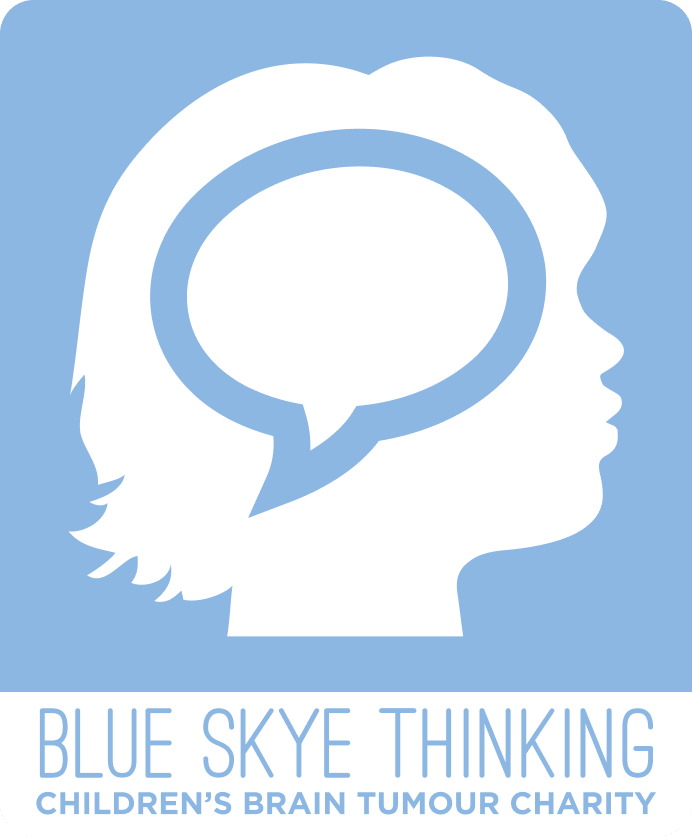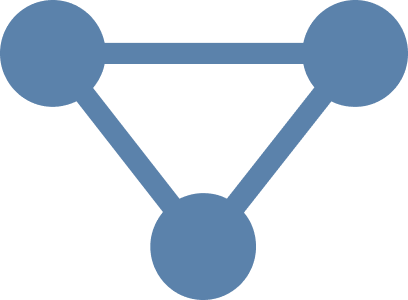RESEARCH
Everyone within the Paediatric Oncology field is united in the opinion that there is an urgent need for new and better treatments of childhood brain tumours. ‘High-risk’ paediatric brain tumours are the leading cause of childhood cancer death. Biological discoveries, and their translation into more tailored therapies, will be essential to future clinical advances. The primary aim of this research is to find more effective treatment for high-risk childhood brain tumours. Ultimately this will lead to better treatments for patients.









